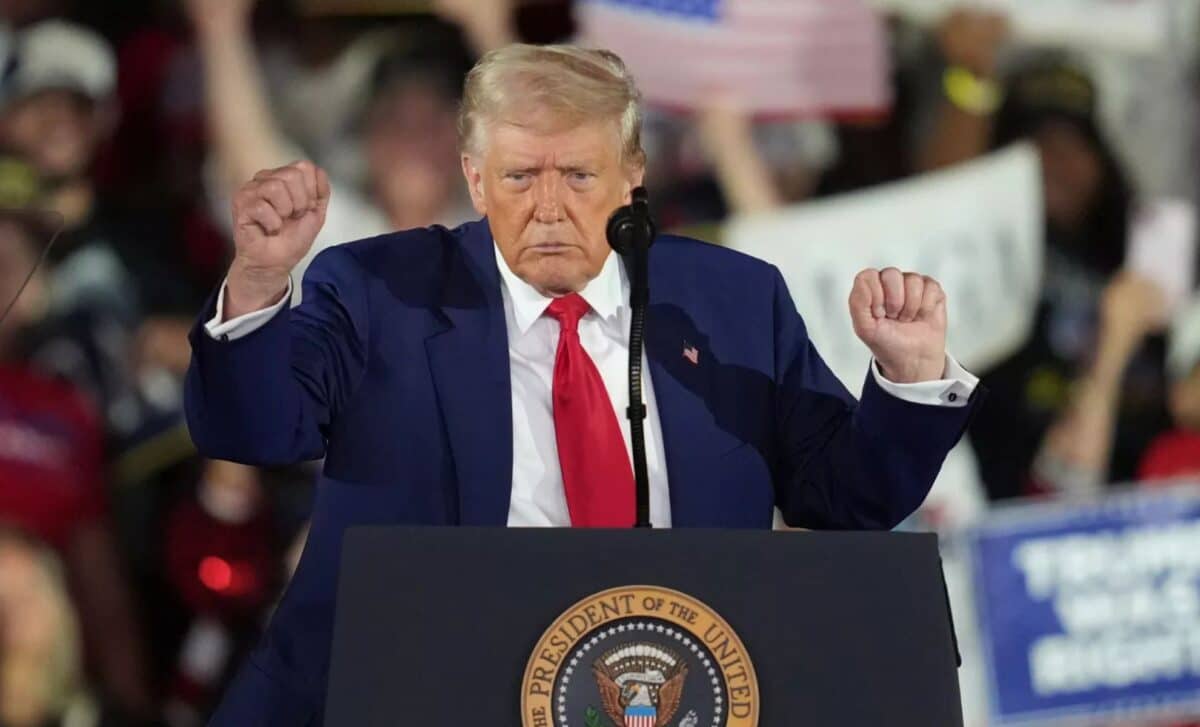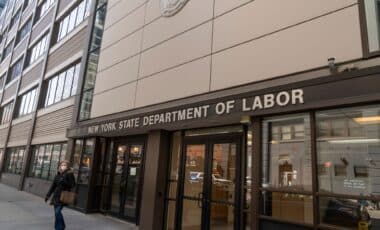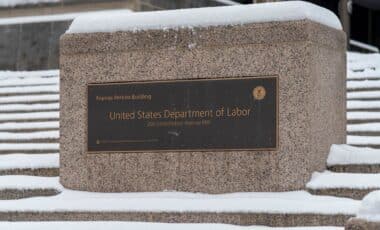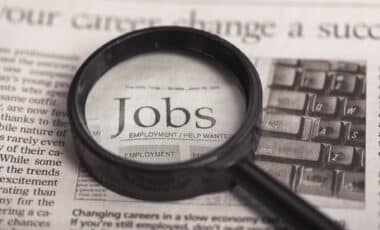Despite growing concerns about President Donald Trump’s economic policies and a slowing global economy, the US job market showed resilience in April, adding 177,000 jobs, surpassing economists’ expectations.
Although a slight decline from March’s 185,000 jobs added, this figure signals ongoing stability in the labour market despite heightened economic uncertainties.
According to the Bureau of Labor Statistics (BLS), the unemployment rate remained unchanged at 4.2%, maintaining the trend seen in recent months. W
hile job growth was not as strong as in the first quarter of 2025, it still offers a bright spot for the Trump administration amid broader economic concerns.
However, the effects of Trump’s trade policies, including tariffs on China, remain a key issue for economists.
Resilience in key sectors
April’s job growth was broadly distributed across the private sector, with notable increases in healthcare, transportation, warehousing, financial activities, and social assistance.
These sectors helped absorb some of the negative effects from a downturn in federal government employment, which fell by 9,000 jobs due to cuts initiated by the Department of Government Efficiency (DOGE).
Spearheaded by Elon Musk, DOGE has been pushing for deep cuts to federal spending and a reduction in the number of government workers since Trump’s administration began.
Economists remain divided on the longer-term effects of Trump’s economic policies, especially his trade war with China. “The labour market refuses to buckle in the face of trade war uncertainty,” said Christopher Rupkey, chief economist at FWDBonds.
Yet, many experts warn that the uncertainty surrounding Trump’s tariffs could dampen business sentiment and eventually slow job growth.
Impact of Trump’s policies on business confidence
The uncertainty surrounding Trump’s economic agenda, including the aggressive tariffs imposed on imports, has led many businesses to reevaluate their strategies. While there was a surge in imports in the first quarter of 2025, driven by businesses stockpiling goods in anticipation of tariffs, the broader economic impact remains uncertain.
The US economy contracted by 0.3% in the first three months of the year, a decline that was attributed in part to the trade war, though consumer demand has largely remained strong.
Analysts suggest that while the job market shows resilience for now, businesses are increasingly concerned about the unpredictable nature of Trump’s policies. “There’s a long lead time between making a decision on hiring or pulling jobs, then actually seeing that come through,” said James Knightley, an economist at ING Financial Markets.
Despite the strong jobs numbers for April, many experts anticipate that the full impact of the trade war will be felt later in the year.









